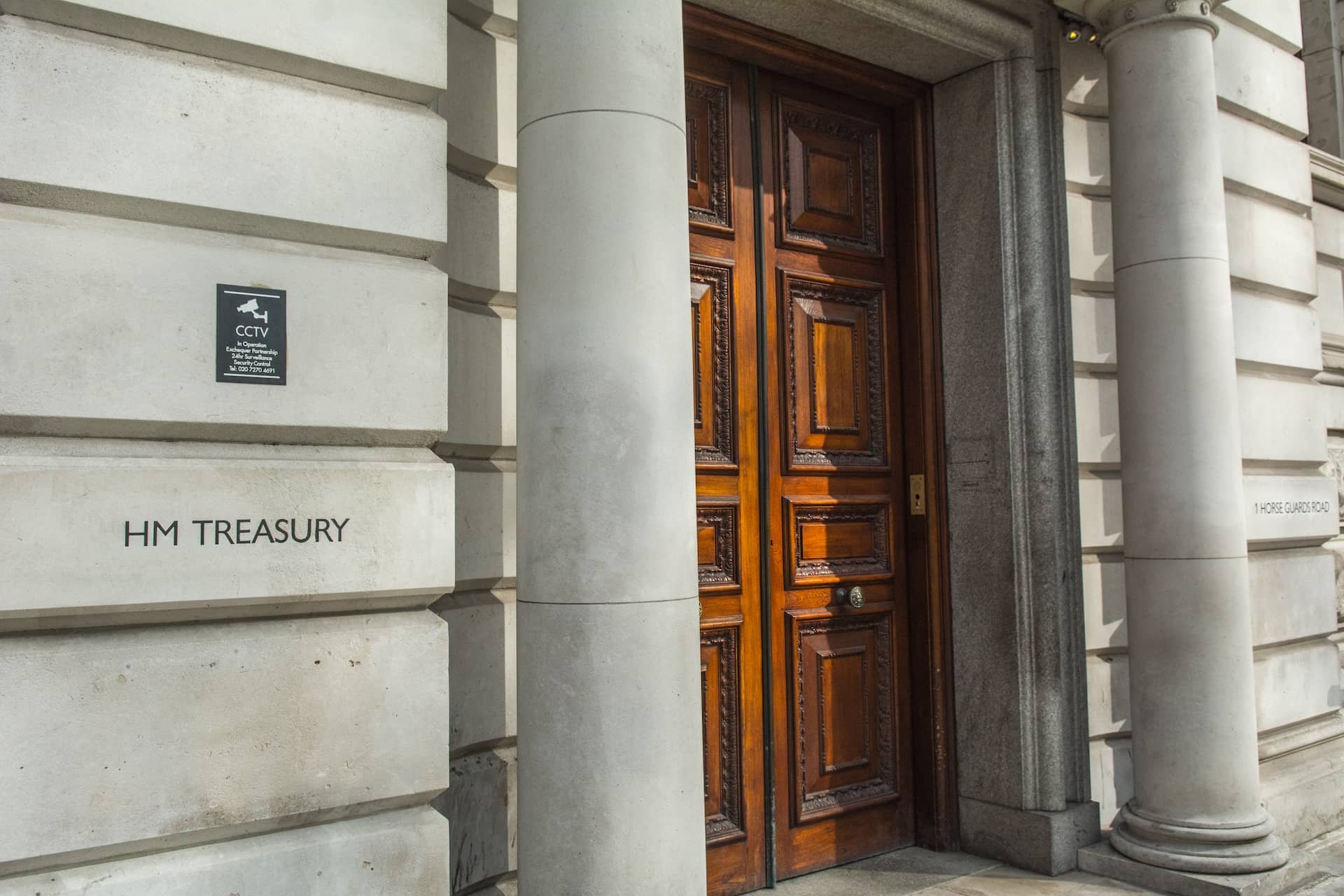Annual Investment Allowance to run to March 2023
The Covid-19 pandemic put many parts of the fuel industry under severe financial pressure with reduced demand during the periods of lockdown and additional costs related to furlough.
Image Credit: William - stock.adobe.com
Our attention now, and in the wake of COP 26 is to act rapidly in face of the challenge from climate change which will demand an unprecedented reduction of emissions from combustion gases to arrive at a Net Zero figure by 2050 (and earlier for many sectors) to help the world keep to a 1.5 degree rise in global temperatures.
Getting to Net Zero will mean that industry in general, and the fuel and transport industries in particular, will have to make important capital investments in new vehicles and equipment.
In recognition of this, in his 2021 Budget, the Chancellor Rishi Sunak, announced an extension of the temporary increase to £1 million of the Annual Investment Allowance (AIA) to run until 31 March 2023. Previously it had been expected to return to the permanent level of £200,000 after 31 December 2021.
The AIA is a 100% capital allowance for qualifying expenditure on plant and machinery.
Most businesses are able to claim the AIA for expenditure on plant and machinery, which would otherwise be eligible for another type of capital allowance known as a writing down allowance (WDA), at either the main (18%) or special rates (6%). It therefore, allows businesses to claim 100% tax relief in the year expenditure is incurred. The tax relief would otherwise be deferred to future tax periods under usual plant and machinery allowances
The 100% AIA is only available in the period during which the expenditure is incurred but not available for historic claims (unlike writing down allowances that can be claimed as long as you still own the asset). Not all capital expenditure on plant and machinery purchases qualify for AIA however, including expenditure on car purchases.
The extension to the AIA in addition to the super deduction announced in the spring Budget 2021, which provided 130% relief for certain qualifying expenditure. If the super deduction is available, this is generally likely to result in higher tax savings than the AIA and this is something to check. Where the super deduction is not available, normally businesses will want to claim the AIA because of the cashflow advantage it can provide. However, with the rate of corporate tax increasing to 25% from 1 April 2023, companies should think about whether they are better off by not claiming AIA and instead claiming writing down allowances. Writing down allowances can defer the tax relief into periods where it will be claimed at the higher 25% corporate tax rates.

